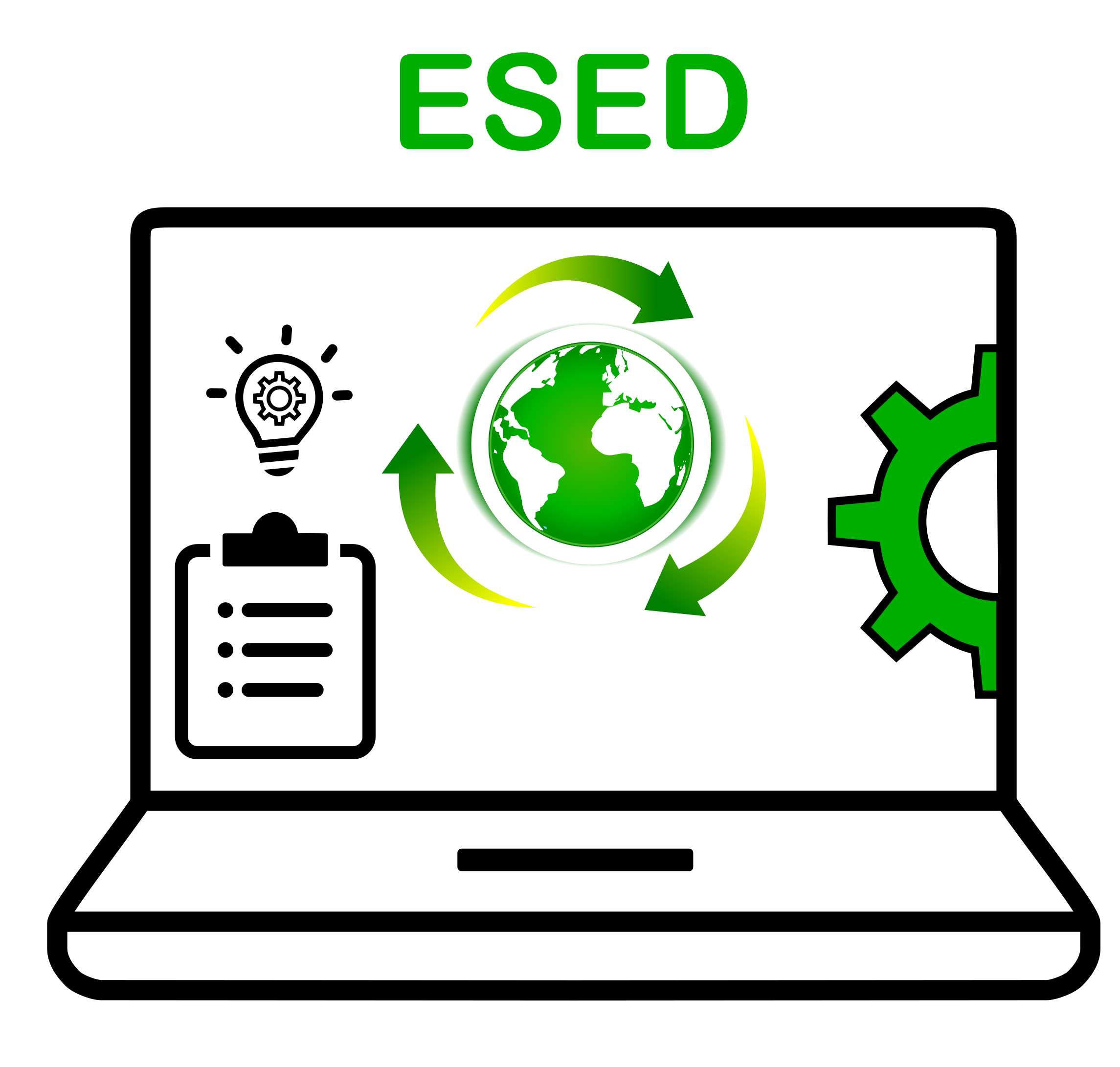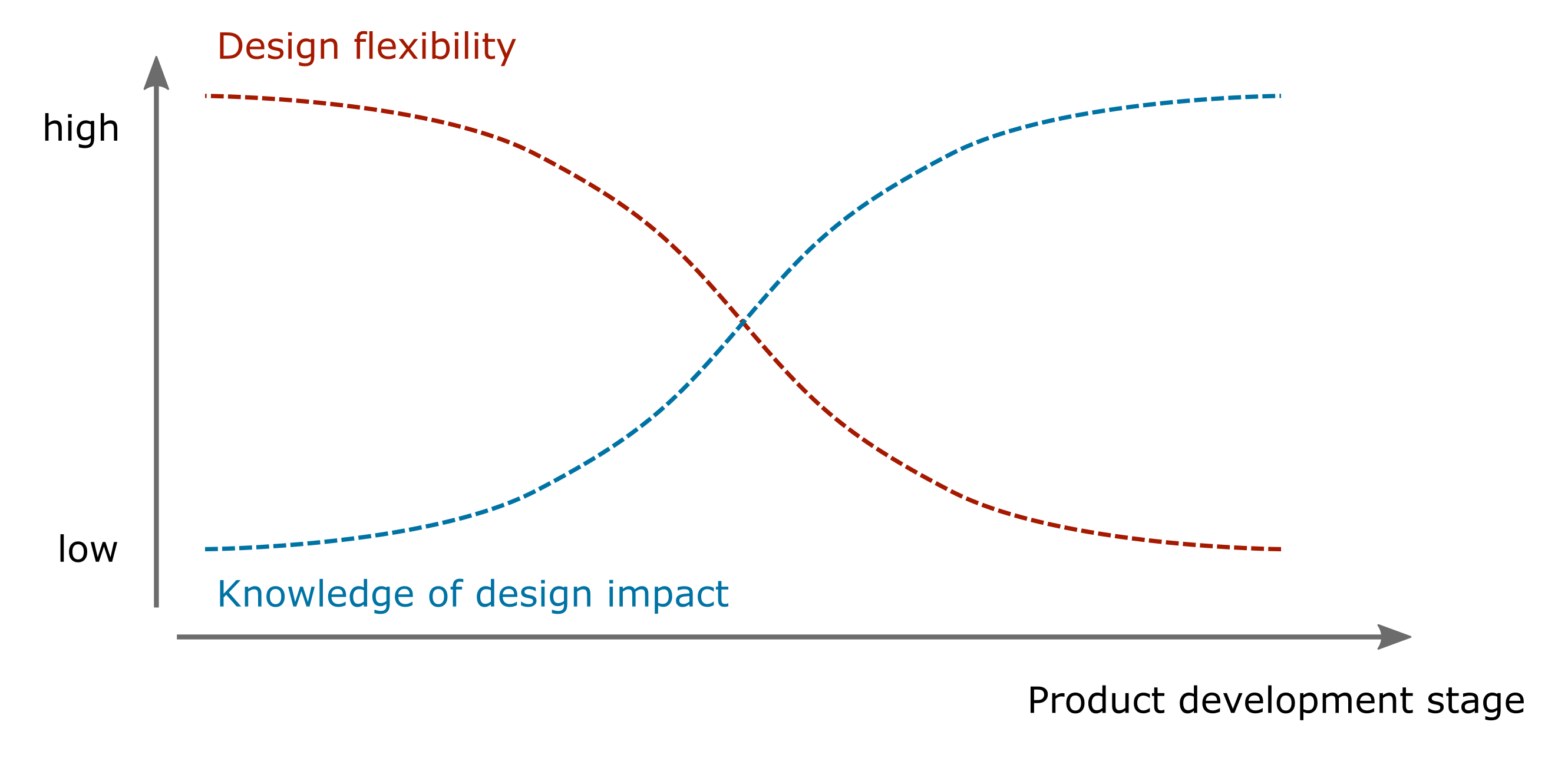 We are excited to announce that ESED, funded by RVO, has been successfully kicked off on 13 February 2024. This project brings together 4 partners, with a.o. TU Delft, TNO, and ASML, to develop a universally applicable tool that will support designers in their decision-making facilitating circularity along the entire lifecycle of products.
We are excited to announce that ESED, funded by RVO, has been successfully kicked off on 13 February 2024. This project brings together 4 partners, with a.o. TU Delft, TNO, and ASML, to develop a universally applicable tool that will support designers in their decision-making facilitating circularity along the entire lifecycle of products.
In the context of the Dutch economy, increasing product circularity and reducing carbon footprint are becoming increasingly important. Yet, significant challenges remain in transitioning towards these goals. One major challenge is figuring out how to design products that are truly circular and eco-friendly. This challenge strongly relates to the so-called Collingridge dilemma: in the early product design stages, the design freedom is substantial while the environmental impacts of such design choices are often unknown. In later design stages, on the contrary, where the impacts of the design choices become more evident, the design freedom declines. Thus, for highly circular and eco-friendly product designs it is essential for designers to have access to high-quality information already during the early design stages.
This project, led by Benjamin Sprecher and carried out by Levon Amatuni as the postdoctoral researcher, both from TU Delft, aims to fill this gap and enable high-quality early-stage assessments. On the global project scale, the objective is twofold. First, through an iterative process, highly circular and eco-friendly (re-)designs of a relevant product will be developed for each of the three collaborating partners. Then, the knowledge gained from these (re-)designs will be merged and used to develop the Early-Stage Environmental Decisions tool, or ESED tool in short. It will be a universally and industrially applicable tool that aligns with various stages of the design process while providing consistent support for product designers and assessing the environmental footprint of future products. It aims to facilitate the making of informed, high-quality decisions in circular and eco-friendly design, throughout the entire design process, from the beginning of the product design process until the very end.
This research is supported by ASML, TNO, the Materials innovation institute (M2i), project number N22020, and the Ministry of Economic Affairs and Climate with the Topsector Energiesubsidie, project number KIACE-22-03362313.
